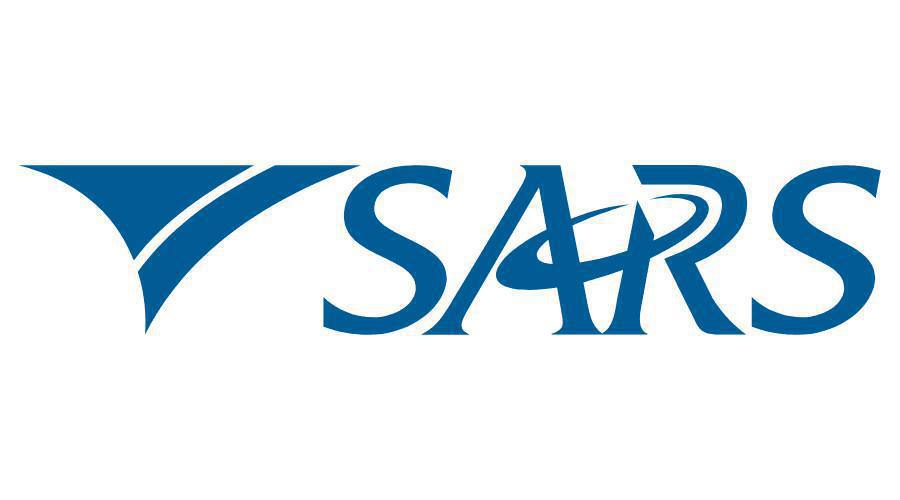In recent years, the South African Revenue Service (SARS) has ramped up efforts to combat tax evasion, a growing concern that has led to significant revenue losses for the country. For business owners, understanding the importance of tax compliance and maintaining proper records has never been more crucial. As SARS intensifies its crackdown, the risks associated with non-compliance have increased.
The Scope of the Problem
Tax evasion remains a serious issue in South Africa, with billions of rands lost each year due to underreporting of income, inflating expenses, and other fraudulent practices. This issue is not confined to large corporations; small and medium-sized enterprises (SMEs) and even individual taxpayers have been implicated in recent cases. These practices not only undermine the government’s ability to fund essential services but also create an unfair competitive environment for businesses that comply with the law.
Recent high-profile cases have brought attention to the severity of the problem. For example, in 2023, a Johannesburg-based business owner was found guilty of evading taxes amounting to over R50 million. The investigation revealed a complex scheme involving manipulated financial records and offshore accounts. Such cases highlight the significant risks involved in tax evasion and serve as a warning to the broader business community.
SARS’s Measures to Enforce Compliance
In response to the growing challenge of tax evasion, SARS has implemented several strategies to enforce compliance more effectively:
Increased Audits and Investigations
SARS has significantly increased the number of audits and investigations it conducts. By using advanced data analytics, SARS can more efficiently identify discrepancies in tax filings, leading to more effective enforcement. This is particularly focused on high-risk sectors where tax evasion is more common.
Collaboration with International Agencies:
To combat cross-border tax evasion, SARS collaborates with international tax agencies. Through agreements such as the Common Reporting Standard (CRS), SARS can access information about South African taxpayers who hold assets abroad, making it more difficult to hide income offshore.
Penalties and Prosecutions
The penalties for tax evasion in South Africa are severe, ranging from substantial fines to imprisonment. SARS has been clear that it will pursue criminal prosecutions against those who deliberately evade taxes. Recent cases have seen business owners not only facing financial penalties but also the possibility of jail time.
The Importance of Maintaining Proper Records
For business owners, maintaining accurate and thorough financial records is the best way to avoid the risks of non-compliance.
Proof of Compliance
In the event of an audit, well-maintained records provide proof that a business has accurately reported its income and expenses. This can prevent unnecessary disputes with SARS and avoid potential penalties.
Ease of Reporting
Accurate records make it easier to compile and submit tax returns, reducing the likelihood of errors that could trigger an audit. Businesses should ensure that they keep records of all transactions for at least five years.
Legal Compliance
Beyond avoiding penalties, maintaining proper records is a legal requirement. Failure to do so can result in fines and other sanctions.
Consequences of Non-Compliance
Financial penalties can be crippling, especially for SMEs and the legal costs associated with defending against SARS investigations can further strain resources. Moreover, the reputational damage from being publicly named as a tax evader can be devastating, affecting both personal and professional relationships. In addition to financial consequences, non-compliance can lead to criminal prosecution. Engaging the services of a skilled accountant and tax practitioner is the best start to ensuring that you and your business don’t fall foul of SARS.
Please note that the above is for information purposes only and does not constitute tax/financial advice. As everyone’s personal circumstances vary, we recommend they seek advice on the matter. While every effort is made to ensure accuracy, Nexia SAB&T does not accept responsibility for any inaccuracies or errors contained herein.
Article prepared by: Stefan Diederiks CA(SA)
Entrepreneurial Business Services Director, Registered Tax Practitioner
For any queries or further information, please contact:
• Hassen Kajie
Entrepreneurial Business Services Director
M: (+27) 82 333 3389 | E: hassen@nexia-sabt.co.za
• Yousuf Hassen
Entrepreneurial Business Services Director
M: (+27) 82 333 3376 | E: yhassen@nexia-sabt.co.za
Source: The South African Revenue Services
© 2020 Nexia SAB&T. ALL Rights Reserved. Nexia SAB&T is a member of Nexia International, a leading, global network of independent accounting and consulting firms that are members of Nexia International Limited. Nexia International Limited, a company registered in the Isle of Man, does not provide services to clients. Please see the “Member firm disclaimer” for further details.

